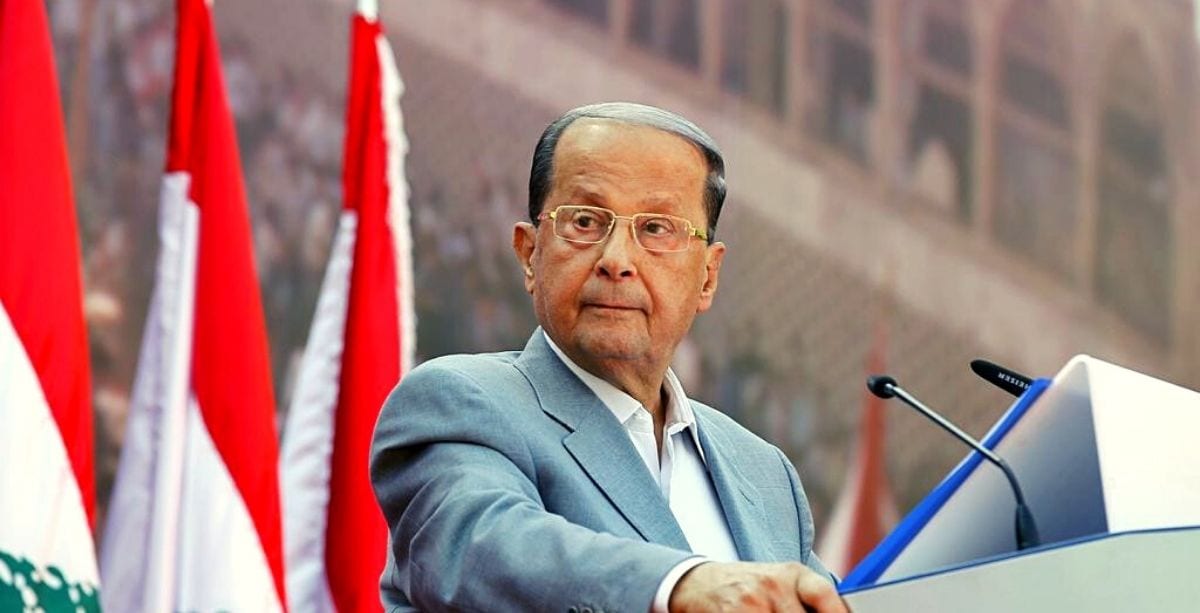The Head of the Lebanese Army‘s Press and Public Relations, Col. Elias Aad, detailed during a press conference on Monday the compensation plan for the August 4th Beirut explosion.
Col. Aad explained that the survey that was conducted in Beirut following the blast led to the conclusion that the LBP 100 billion allocated for compensating blast victims was not enough for the size of the required compensations.
As such, a priority system was followed in the distribution process: The highest priority was given to residential units classified as “normal (E),” followed by “medium (D)” units, considering the larger costs of the higher classes of units.
The residential units that sit closer to the blast site were also given priority over others, and the most essential repairs, such as windows and doors, were prioritized in the process, the Army explained.
As of February 26th, the Lebanese Army has distributed financial compensation to 4,635 residential units affected by the explosion as part of the LBP 50-billion package, using the same criteria followed during the distribution of the previous LBP 100 billion.
As of the same date, since the beginning of the distribution, 17,107 residential units have benefited from the compensation.
The Army will resume distribution for normal and medium units, as well as for deluxe and super deluxe units and heritage buildings, according to the same criteria, after the Cabinet transfers additional sums.
After compensation for residential units is over, the Army will then begin compensating other properties damaged by the explosion, such as cars and businesses.

















